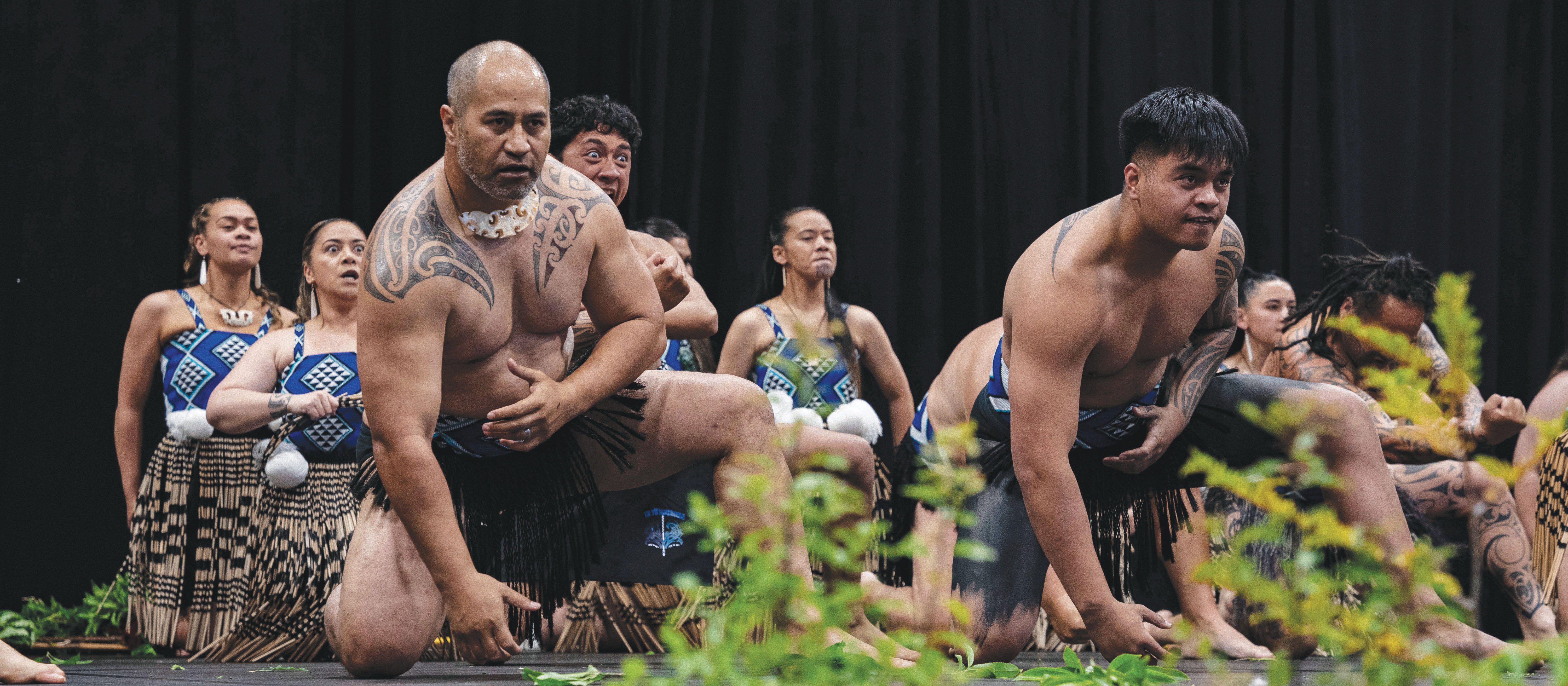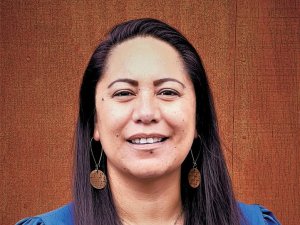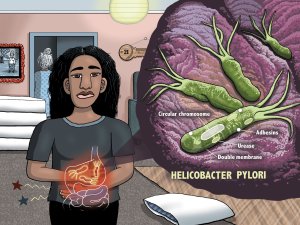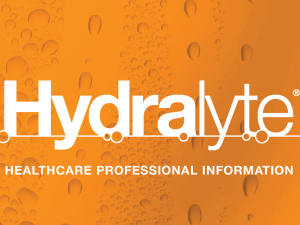Academic pharmacist Nataly Martini provides key information on Helicobacter pylori pathophysiology, diagnosis and evidence-based treatment strategies to enhance patient outcomes
Carving out a place for Māori in pharmacy
Carving out a place for Māori in pharmacy

Pounamu Keepa wants to increase the face of Māori in pharmacy to improve health literacy and outcomes, as Paulette Crowley reports
Coming from a family with a background of working in health, following suit seemed a natural option for Pounamu Keepa, a recent BPharm graduate from University of Otago’s School of Pharmacy.
His father, Tuhakia Keepa, currently a health consultant, was one of the founders of Kia Ora Hauora, and he worked at the former Counties Manukau and Waitematā DHBs. His example inspired Pounamu Keepa’s path.
“I always wanted to work in health. I was brought up around it.”
Mr Keepa (Te Aitanga-a-Māhaki, Ngāti Ruanui, Tūhourangi, Ngāti Kahu) briefly considered applying for medical school but jokes that not being fond of open wounds steered him towards pharmacy.
“I chose pharmacy because you use your brain and get heaps of interaction with people. And I always wanted to find out about medicines, and how they work with Rongoā Māori.”
Pharmacy also beckoned because of the low percentage of Māori pharmacists compared to other health professions. “That, and the course was only three years long!” he laughs.
They see my name and start speaking Māori and get a bit of a surprise that I can speak Māori as well
Mr Keepa was one of five Māori pharmacy students in his cohort of 120 – and the only Māori male – but he received great support from the Māori Pharmacists’ Association (MPA) both during and after his studies.
“I went to a few symposiums and got introduced to Kevin Pewhairangi.”
Mr Keepa did a five-week student placement with Mr Pewhairangi at Hourata Pharmacy in Gisborne.
“It was good because my dad’s actually from Gisborne, and I got to work with heaps of my family.”
Working in a predominantly Māoripopulated place was “pretty cool”, he says.
Te reo Māori is his first language and Mr Keepa was the only one in his year group that could speak it.
“I got to speak to some of the patients in Māori. They see my name and start speaking Māori and get a bit of a surprise that I can speak Māori as well. They get a big buzz out of it.”
Mr Keepa says Māori don’t expect to see themselves represented in pharmacy.
“Having more Māori in pharmacy will help get that career path out there. Some people out there don’t know what it means to be a pharmacist.”
Many Māori, including his own family, don’t have the best health literacy, he says.
“Heaps of them don’t even know what their medications are for. I think that comes from them not going into the pharmacy themselves and asking those questions. I think if they saw more Māori in pharmacy, they’d be more comfortable in going there.”
Other student placements that inspired Mr Keepa included working in Dunedin Hospital.
“I liked that there was more responsibility, and I used my brain a bit more. I also liked working in a team and that you can gain more experience in a specific part of health. When I was at the hospital each pharmacist had a ward that they looked after,” he says.
After taking a gap year to travel to Denmark, where his mother comes from, Mr Keepa is considering returning to his home of Hawke’s Bay to intern at a general practice, where his stepmother is a GP. He will also likely work part time at a community pharmacy in the area, although he is also considering working in Rotorua, potentially at the hospital there.
Eventually, he would like to be a pharmacist prescriber and to have a chain of Māori-focused community pharmacies.
“There’s heaps of support there for me to be able to do that.”





